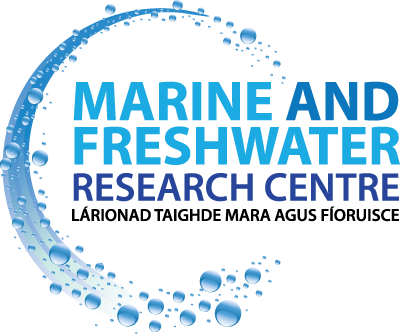Enabling Sustainability
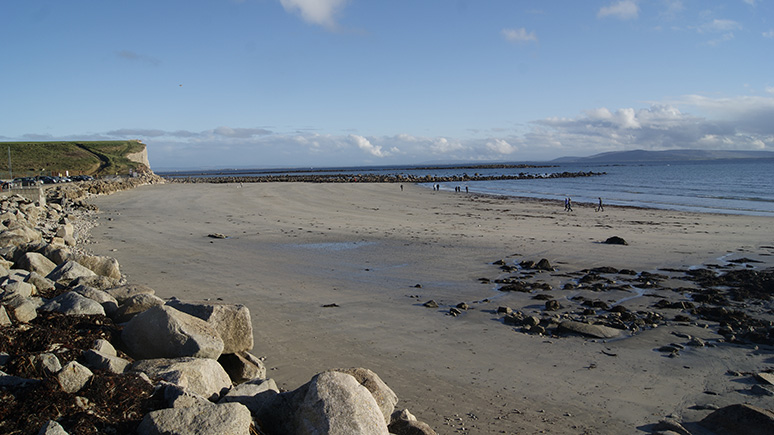
Contact: Dr Katie O’Dwyer Read More Contact: Dr Heather Lally Read More Contact: Dr Cóilín Minto Read More Contact: Dr Deirdre Brophy Read More Load More
HNV_FarmForBio
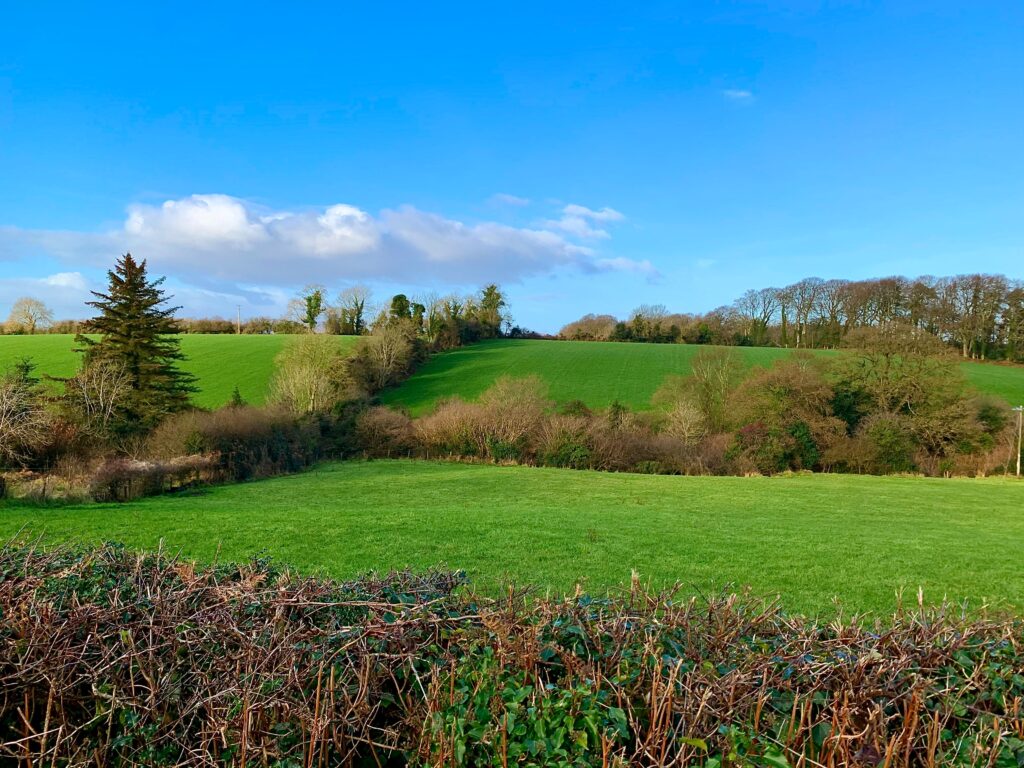
This partnership between GMIT, Teagasc and University College Dublin is funded by the Department of Agriculture Food and the Marine (2019-2020). Across Europe High Nature Value farmland and forests (HNVFF) support high biodiversity including various rare and threatened species. The HNV_FarmForBio project will identify, characterise and map the national extent of HNV farmland and forest […]
ECOHARVEST
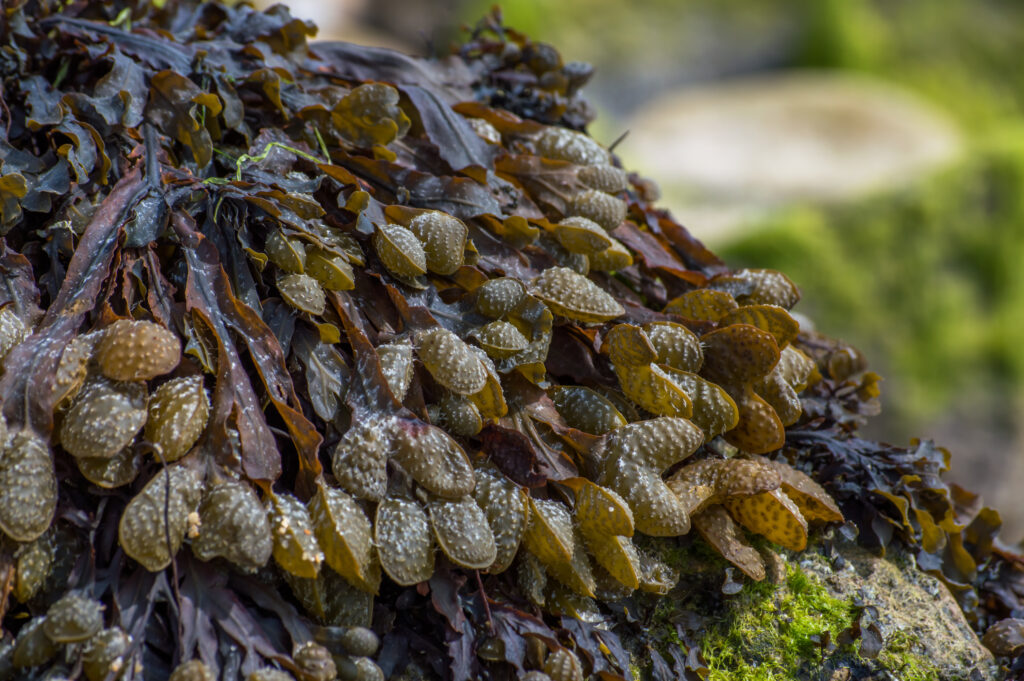
Funded by MAREI-SFI and Arramara Limited (2019-2023) ECOHARVEST investigates the effect of two different harvesting procedures on intertidal ecosystems and monitors natural recovery. The research is conducted by PhD candidate Ms. Charlene Linderhof based at NUI Galway. She will compare the effects of harvesting with cutter rake on boats and sickle on land. Ultimately, the […]
MYDAS
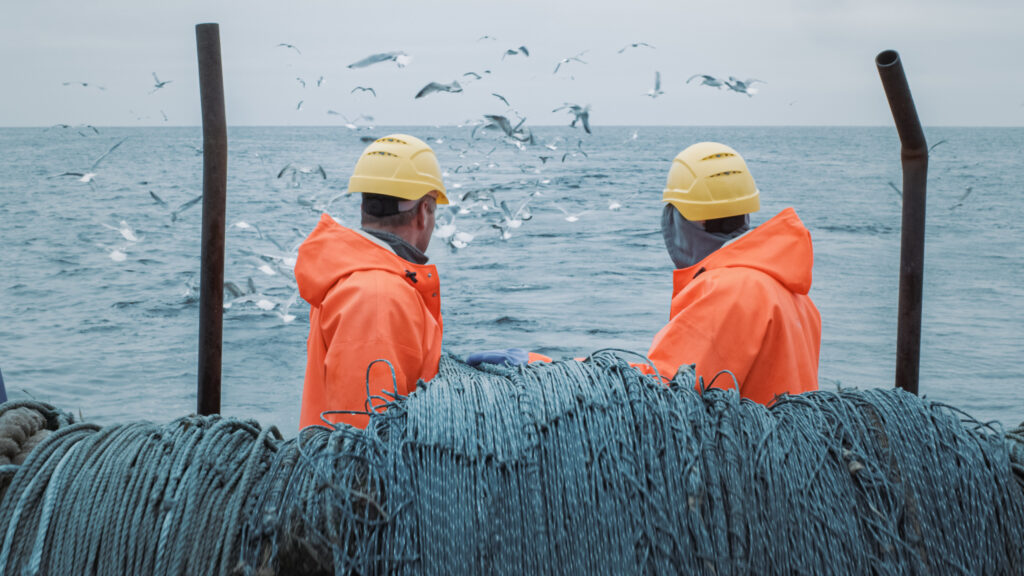
The overall aim of the MyDas project was to develop and test a range of assessment models and methods to establish Maximum Sustainable Yield (MSY), or proxy MSY reference points across the spectrum of data-limited stocks. Project resources: MYDAS GITHUB page
DATALO
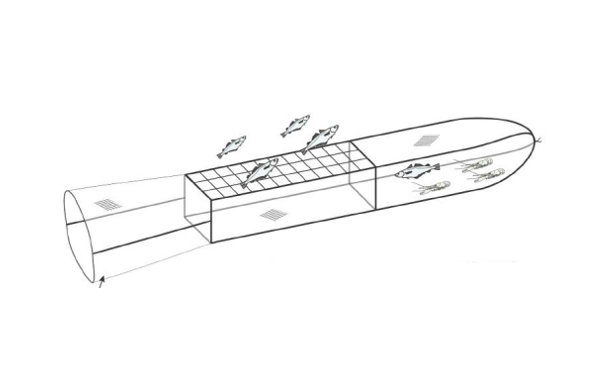
DATALO focusses on statistical design and analysis of gear trials and survival experiments in collaboration with Bord Iascaigh Mhara. Outputs from the project have direct policy relevance in a time of considerable change.
Blackstairs farming futures European innovation partnership

The primary objective of this project is to adopt innovative approaches to add value to the Blackstairs hill farming system whilst simultaneously improving habitat condition. The Blackstairs Farming Futures (BFF) EIP pilot proposes to develop and trial four innovations: 1. A Results Based Agri-Environment Payment Scheme for upland habitats and commonage land 2. An effective […]
Pearl mussel project European innovation partnership
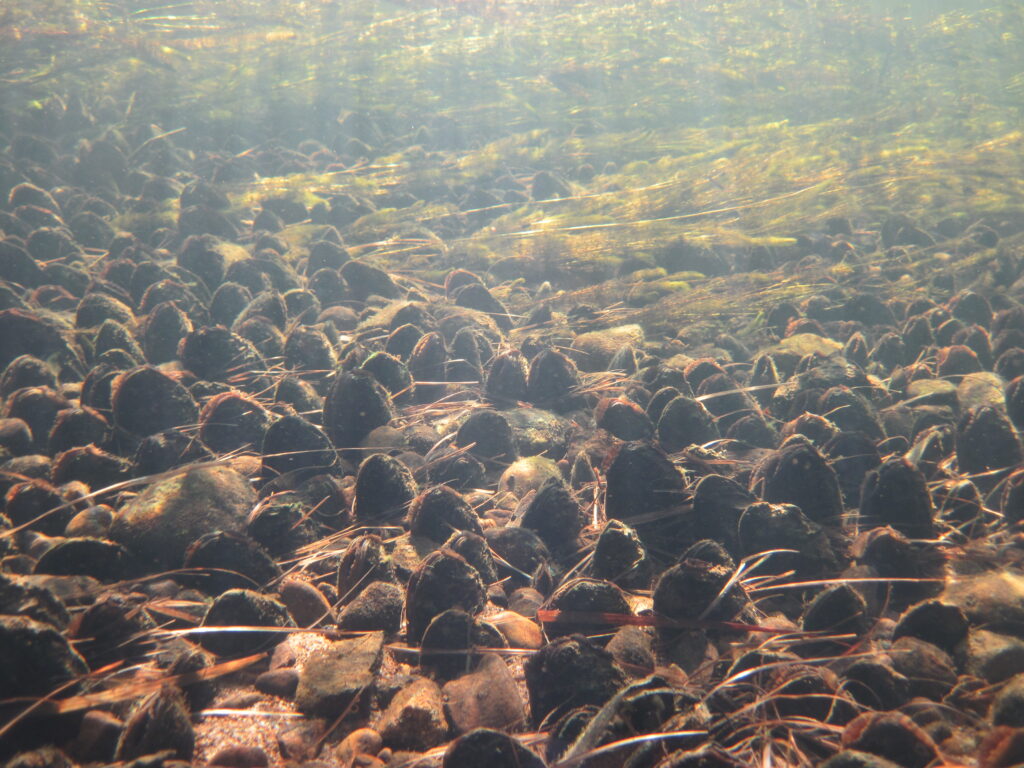
The Freshwater Pearl Mussel is a locally led, targeted, innovative, results-based scheme which is funded through EIP-Agri. The project is an opportunity to recognise farmers delivering environmental benefits and it will deliver an additional opportunity for farmers to earn an income from their land. It aims to provide long term benefits for biodiversity and river […]
IMP.act
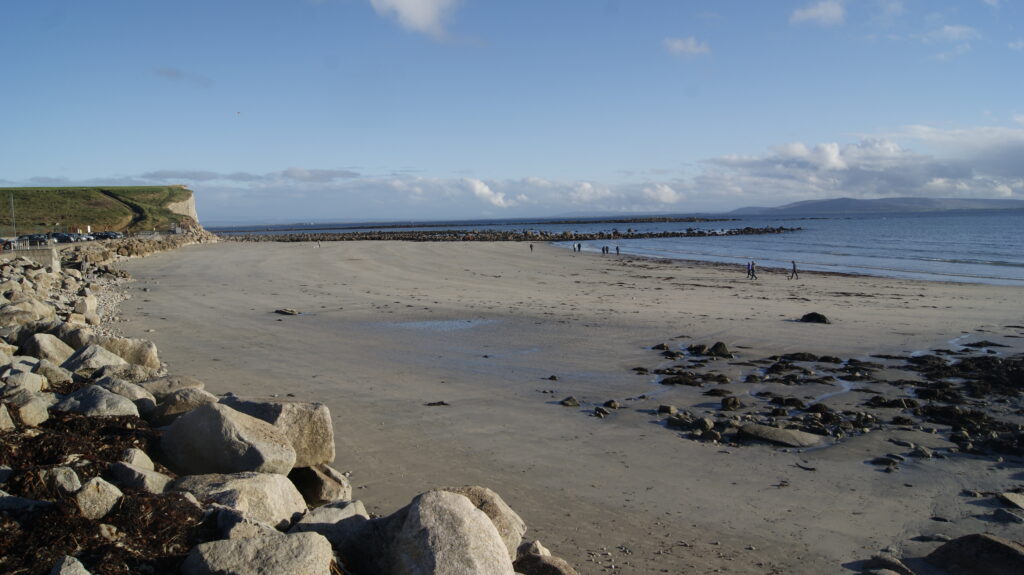
The IMP.act project is a Marie Skłodowska-Curie Action COFUND fellowship funded by the Irish Research Council, aiming at developing a long-term management plan for microplastic pollution in Galway Bay and its environs. The ecosystem-based approach that the project follows will allow stakeholders to create a sustainable management plan that contributes to national legislation and international […]
Age validation using microchemistry

The AHA project (2018-2020) developed and applied novel methods of age estimation based on seasonal patterns in chemical composition of fish calcified structures. Statistical methods were developed to extract annual signals from microchemistry data and to estimate age. For anglerfish and hake, this approach can be used to corroborate age estimates obtained using traditional methods […]
Unlocking the archive
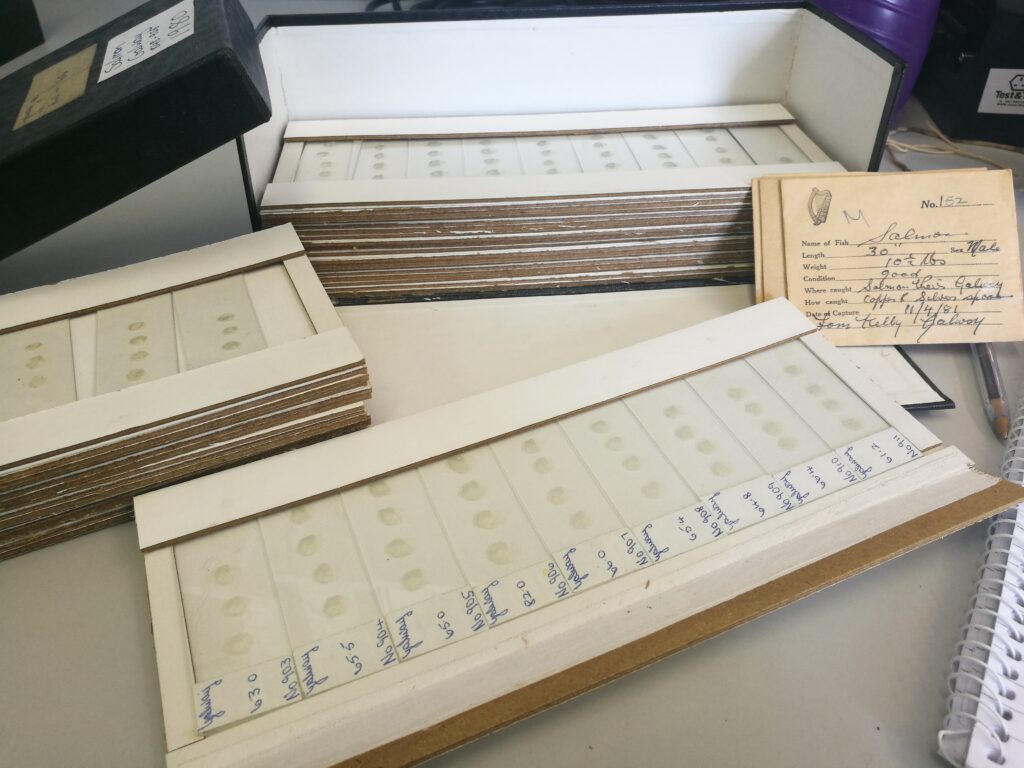
The Archive project (2016-2022) is a collaboration with the Marine Institute, funded under the Marine Research Programme by the Irish Government. An aim of the project is to consolidate national collections of scales, otoliths, associated images and data into a single biochronology repository, thus maximising the use of the archive by researchers. Time series of […]
